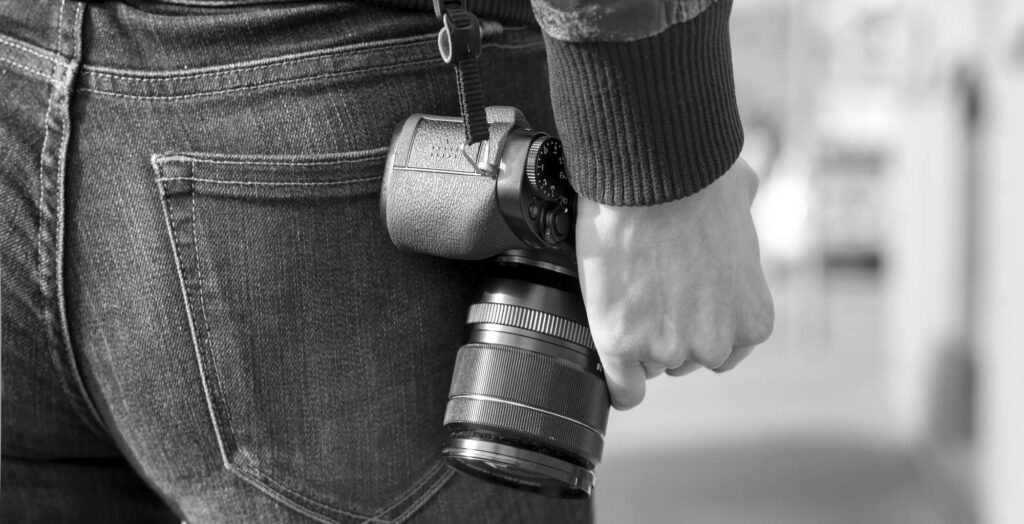If you earn your living as a photographer, it is essential that you be familiar with the laws that govern the rights to your work. Federal copyright law and intellectual property law (IP law) have a profound effect on individuals who create images and content for a living.
Your copyright exists the moment you take a picture. You may file a federal copyright registration, which is helpful should you wind up in litigation. However, your property rights in the photograph exist regardless. The rights to use that image belong to you. Others may not publish your work without your permission.
Copyright infringement occurs when someone uses a photograph created by someone else, without the proper permission or license. It also happens when someone violates the terms of a license agreement.
What Should You Do If Someone Is Using Your Pictures Without A License?
If you are a photographer, and copyright exists the moment you take a picture, what do you do when you suspect someone is violating your copyright by using your photos without or in violation of a license? In an article on DIYPhotography.net (DIYP), JP Danko interviews a member of Pixsy and offers suggestions to photographers about what to consider when they discover unauthorized use of their pictures.
These suggestions include:
- Acting quickly and calmly
- Gathering evidence
- Take screenshots of any unauthorized use of your image
- Be sure to include the URL information
- Save and print the page as a PDF
- Make sure you save it in a way that records the date and time
- Retain all physical evidence such as magazines, newspapers that contain your image
- Considering your goal
- Do you want the picture taken down or out of circulation?
- Do you want compensation for the unauthorized use of your photograph?
- Do you want credit for the image?
- What do you think is the monetary value of the image?
- Are you willing to allow the publisher to continue to use your photograph for the right price?
- Speaking to the publisher about the matter and negotiating a resolution on your own.
- Contacting the host of a website and asking to take down the image.
- Contacting a copyright lawyer who can help you secure a fair outcome that accurately reflects the value of your photographs and your hard work.
Why Hiring a Copyright Lawyer Can Help Photographers?
In DIYP’s Q & A, Pixsy strongly suggests that photographers tend to seriously undervalue their work. Allowing publishers to utilize photos and images for free perpetuates the myth that the work of photographers is easy and their work product is not important. These things are simply untrue. As Pixsy states, “You created a work that is unique using a skill set that you’ve acquired and developed throughout your life. Your work has an inherent value and needs to be treated as such.”
Having a copyright attorney advocating on your behalf takes the photographer and his or her emotions out of the equation. Your IP lawyer can assess your situation and consider factors such as:
- How did the unauthorized publisher use your image?
- How many people did it reach?
- How long did the publisher use your photograph without permission?
- Was the picture you took used for the publisher’s commercial gain
Being objective, your copyright attorney can evaluate your claim and work toward securing the monetary compensation you genuinely deserve under the law. If you are considering litigating your copyright infringement case or negotiating a fair licensing arrangement, consider consulting experienced copyright lawyers who represent photographers.
Contact Our Copyright Infringement Lawyers at Sanders Law Group
If you are a photographer and have discovered that someone is wrongfully using images you created, contact our copyright lawyers for a free consultation. Please call us at (800) 979-3707 and find out if we can help you protect your intellectual property rights and enforce your copyright.



